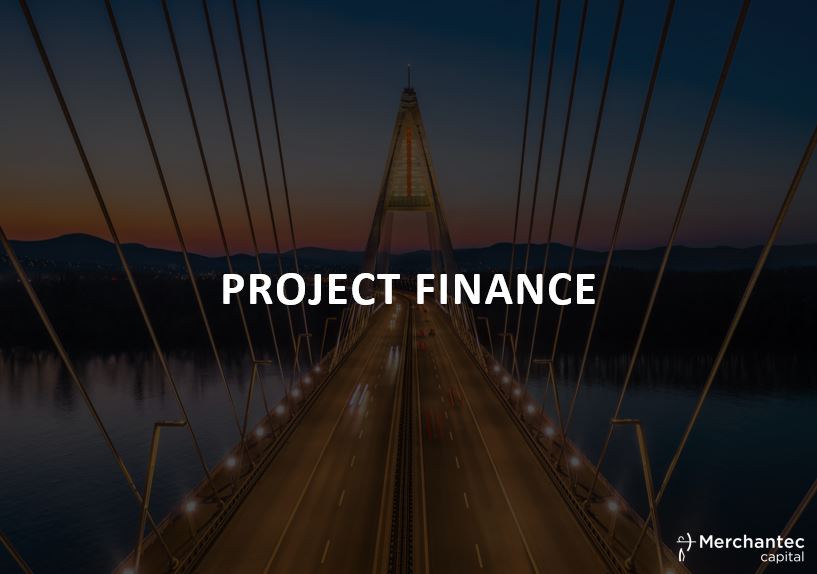The development of infrastructure within South Africa has been highlighted as the necessary catalyst for sustainable economic growth. Due to challenges experienced by municipalities, Public-Private Partnerships (“PPP”) will be key to implement this. The private sector is needed to fast-track development and by applying learnings from previous infrastructure development projects and the guidance of a professional team, the risks can be mitigated, and opportunities found and converted.
In particular, the Infrastructure Investment Program for South Africa (“IIPSA”), which in 2014 offered €100 million (R1.5 billion) for the maintenance of existing and the delivery of new infrastructure, recently spoke through the insights they had gained through the program, and what learnings could be applied to future growth and development.
The IIPSA was focused on developing infrastructure on a municipal level, and program officials aided municipalities on developing Long Term Financial Plans (“LTFP”s). These enabled municipalities to identify priority projects and then structure themselves to meet the requirements of the potential funding sources.
The four primary insights provided by the IIPSA include:
- Gaps in the Public Sector
The program brought to light the lack of bankable projects and an overreliance of municipalities on grant and public funding. Many municipalities do not base their infrastructure expenditure and planning on long term financial models and investment programs. This places municipalities in a position where there is a disconnect between actual infrastructure expenditure, delivery as well as the requirements from a long term perspective.
Municipalities need to focus on revenue generation through asset management, implemented in a standardised manner via institutionalised LTFPs in order to identify practical alternate funding solutions.
- Need for Public-Private Partnerships
Infrastructure development is a long term endeavour which needs long term planning and support in order to enhance capacity and delivery. Municipalities should focus on managing and enhancing revenue from rates, taxes and utilities expansion through increasing infrastructure delivery and maintenance as well as their connections and relationships with their communities. By partnering with the private sector, municipalities can leverage the knowledge and expertise of the private sector and can increase infrastructure delivery and maintenance. The private sector is also best suited to be successful in capital raising efforts due to the complex structural nature of municipalities which hinders their access to suitable funding.
- What the Private Sector can Contribute
South Africa’s PPP activity is less than its economic peers. While South Africa’s financial industry is in the top 10 worldwide, its public finance industry is struggling. This is partially as a result of a reliance on traditional financing structures that employ government funding. This constraint can be overcome through hybrid or blended financing models that employ private sector funding and skills.
The private sector can contribute to infrastructural development by aiding organisational analysis, operational structuring, financial analysis, planning and structuring, technical and engineering advisory and spatial planning advisory.
- Regulatory Reform
Regulatory reform is necessary to de-risk the PPP space. In particular, reform to the Municipal Finance Management Act (MFMA) and the nation’s Medium Term Expenditure Framework (MTEF) will supply much needed legal support for public institutions to attract private funding and involvement.
The Key to Success is Good Advice
Successful infrastructure development needs the involvement of external advisors who have niche PPP advisory experience. These advisors can aid in navigating both the private and public institutions through the development process, ensuring that risk is mitigated and that there are tangible returns for both parties involved.
Merchantec Capital’s Project Finance Team has experience and expertise in PPP advisory. We understand the complexities of successfully delivering high impact infrastructure projects in challenging environments.
Speak to us today to discuss how we can guide you in contributing to our nation’s infrastructure delivery and sustainable economic development.





